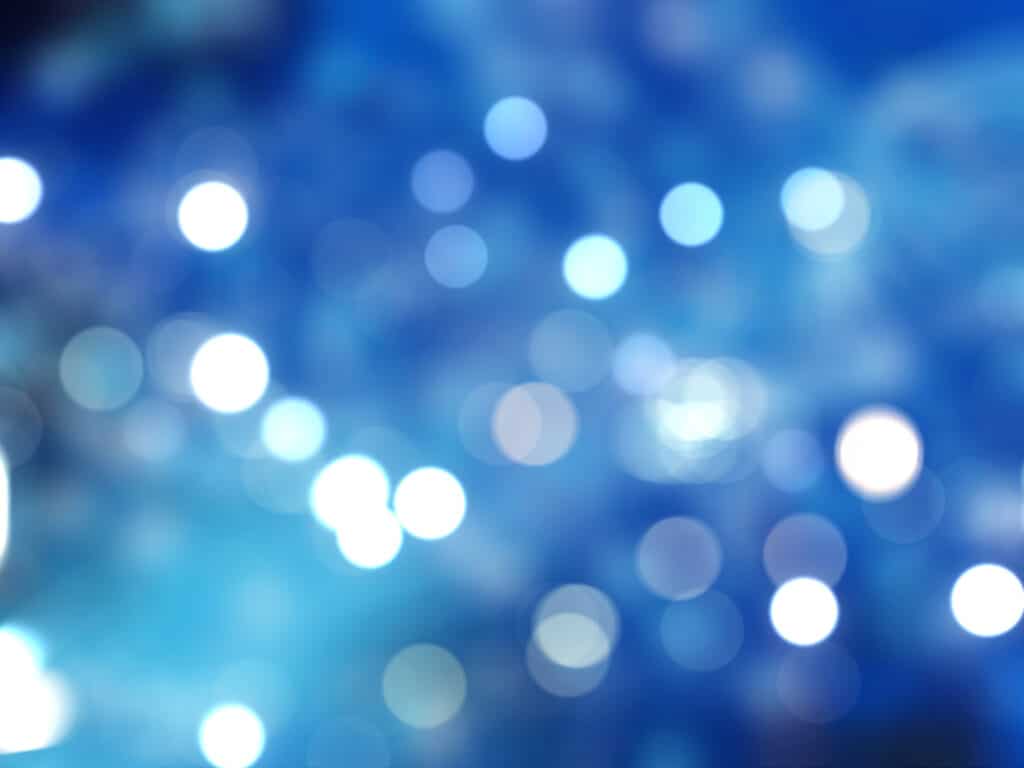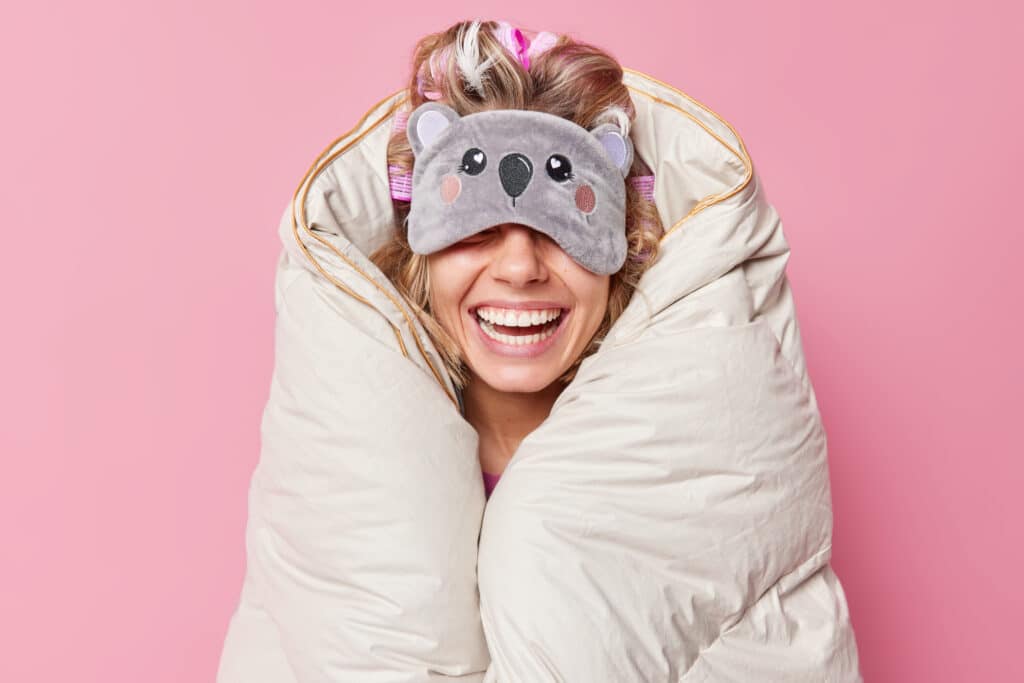
It has been in the news many times in recent years: blue light is said to be harmful to your sleep. Each night you need about 8 hours of undisturbed sleep. The use of smartphones and tablets is said to negatively affect our sleep by emitting blue light. But then what does that light do to our sleep, and why does it make us sleep worse? In this blog, we explore what is now known about the impact of blue light on sleep and what you should and shouldn’t do.
There is hardly anyone who does not have a smartphone, laptop or tablet anymore. And in recent years, we also take our smartphones upstairs to browse the Internet before going to sleep. Watching some more news, reading something on Facebook or Whatsapp, still sending an email or watching a movie. It is, we think, a form of relaxation and distraction.
But so this could have a negative impact on sleep. The light given off by these screens disrupts your sleep patterns, scientists warned us. But is this really the case? To better understand how this works, let’s first look at what plays a role in our sleep pattern.
Every human being has a sleep-wake rhythm (chronotype). There are many different things that affect this, such as stress, your genes, your age and gender, as well as light. Certain factors can reinforce each other (such as light exposure and stress), creating a vicious cycle of increasingly poor sleep.
When you get tired, your body produces different substances. These include melatonin, dopamine and adenosine. This shows that you are tired and that it is time to go to sleep. The term for this is sleep pressure. A few hours before you normally go to bed, your body makes more and more melatonin. This increases the feeling of fatigue and it makes falling asleep easier.
So it is true that both body substances and outside influences affect sleep. What is important for sleep is a certain amount of relaxation and rest. Research shows that the impact on sleep involves not only the blue light coming from our devices, but also the stimulation of images and information.
What you read and see on a laptop or smartphone keeps your brain very active, not only in the moment, but for some time afterward. If you look at a screen and then want to sleep, you may find that your brain is still “on.” And they don’t turn off as easily, which makes it harder to fall asleep and sometimes wake up more often at night.
But the fact is that blue light also affects sleep. Researchers indicate that the effect is not as severe as first thought. In fact, more important is how long you are exposed to it and the dosage. If you are lying in bed with your cell phone, feel free to read the news. But if you watch hour-long movies or spend hours scrolling through your social media, the blue light will still be able to affect your sleep patterns. So in addition, it is also good to pay attention to what you see. Watching disturbing news stories or exciting movies right before you go to sleep can obviously make you much more restless than if you just read a book or read some innocent blogs.

Personal differences also play a role. Some people are much more sensitive to light than others. So I’m sure there will be people who are not bothered by blue light at all. For them, using screens at night before bedtime is not a problem. But if you know about yourself that you are sensitive to light (your eyes hurt quickly in bright sunlight, for example), you might want to take that into account. Then you are probably also more sensitive to the influence of blue light.
People with ADHD also seem to be very sensitive to blue light. Their sleep patterns are more quickly disrupted anyway, and they often have trouble falling asleep. If you have ADHD, it is wise to pay close attention to the amount of blue light you are exposed to. Also, you would be better off keeping the amount of stimuli low at night.
By now, most smartphones have a blue light filter. You can turn that on if you want to look at your screen before bed. This filters out all blue light and can reduce the negative impact on sleep. But don’t forget that it’s also largely about the amount of stimuli you see. Better to avoid looking at your device half an hour to an hour before you go to sleep.
Natural supplements can also help with disturbed sleep. For example, reishi(capsules or drops) has calming properties, which can help with sleep problems. The tasty CBD Sleep Well gummies contain 10 mg of CBD and melatonin. These substances can promote a sense of relaxation and can make falling asleep easier. Microdosing with truffles could also have a positive effect on sleep.
As attractive as screens are, they do come with some drawbacks. Besides the blue light that can cause sleepless nights, they are not the most cozy devices either. Instead, grab something else. Consider a fun board game or card game. Browse through a photo book together (yes, a photo book, not photos in an app), or do a puzzle. Doing gentle yoga exercises or a meditation before bed is also a good idea. Then you will almost certainly have a better night’s sleep and a cozier evening than if you sit in your bed with your cell phone every night.


